UK WOMEN
British Photography between Social Criticism and Identity
28 photographic positions from the United Kingdom
Ludwiggalerie Schloss Oberhausen
26.05. - 15.09.2024
Eröffnung am 25.05.2024
The exhibition UK WOMEN presents for the first time photographic positions of 28 women photographers from the UK and shows how the medium of photography has developed since the 1970s. With strong themes such as social critique, migration, gender identity, community, role stereotypes and diversity, British women photographers have been campaigning for equality since the 1970s, but also for their own artistic language. They are questioning British traditions and outdated role clichés. With humour and self-irony, they simultaneously draw a vivid and sensitive picture of a society in upheaval. In doing so, they repeatedly place themselves at the centre of their own artistic practice and self-confidently formulate their claim to equality.
As different as the positions presented here may be, they are united by their irrepressible will for artistic, social and societal autonomy. In doing so, they skilfully use different strategies and concepts ranging from documentary photography to artistic photography and applied photography.
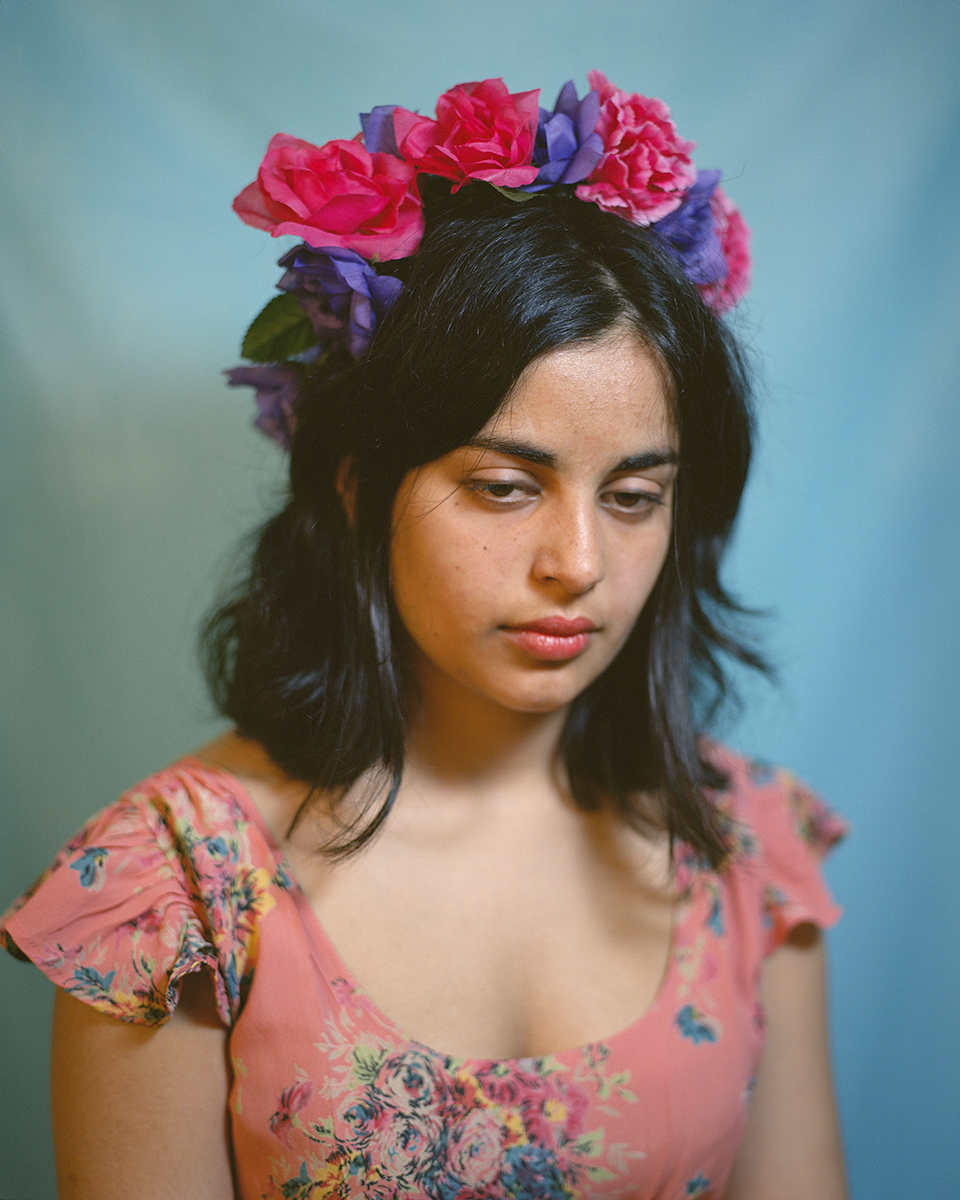
Morgaine, 2012 © Arpita Shah
Participating photographers
Francesca Allen, Meredith Andrews, Laura Blight, Audrey Blue, Rachel Louise Brown, Tessa Bunney, Elaine Constantine, Eliza Hatch, Anna Fox, Sirkka-Liisa Konttinen, Markéta Luskačová, Kirsty Mackay, Zoe Natale Mannella, Sarah Maple, Fran May, Alison McCauley, Sandra Mickiewicz, Margaret Mitchell, Sejin Moon, Trish Morissey, Tish Murtha, Freya Najade, Yan Wang Preston, Sophy Rickett, Michelle Sank, Arpita Shah, Hazel Simcox und Alys Tomlinson.
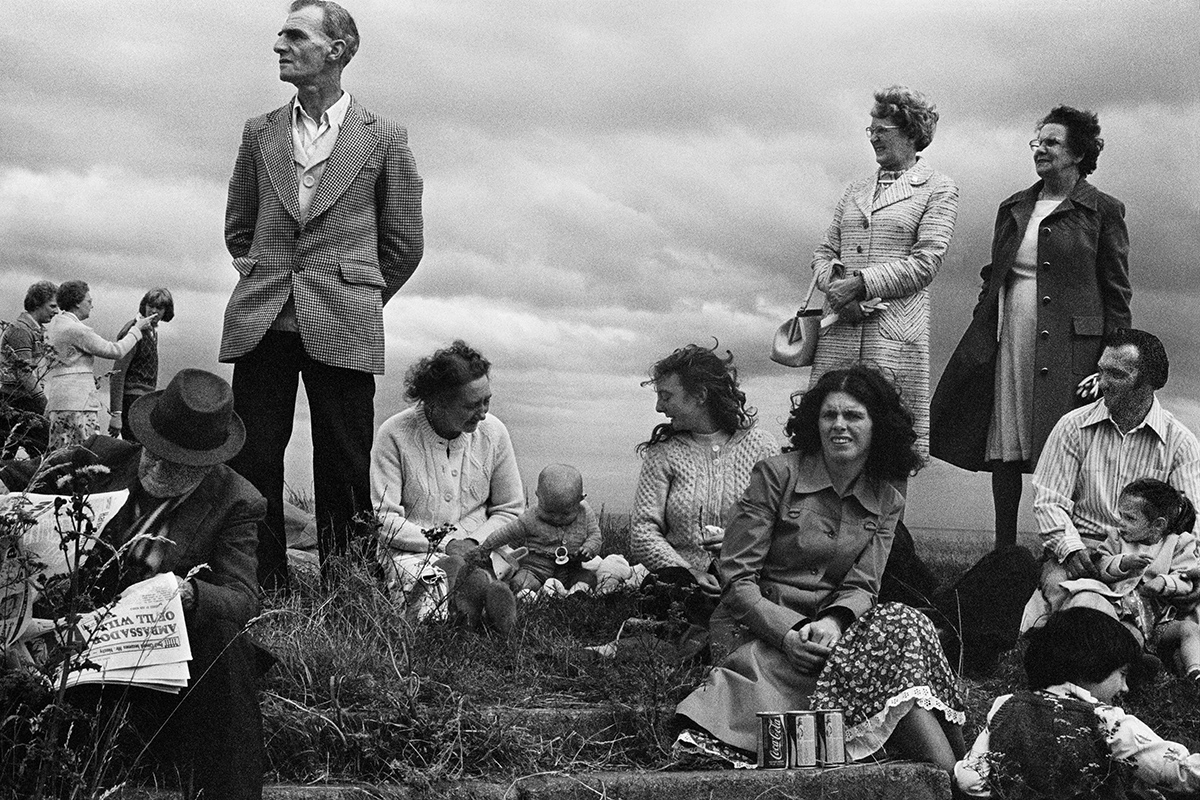
Whitley Bay, 1978 © Markéta Luskačová
As early as the 1970s Markéta Luskačová and Sirkka-Liisa Konttinen were two strong women photographers who approached their social environment with documentary concepts. Above all, belonging to a social community played a major role. Luskačová photographed in her hometown on
the beach of Whitley Bay, where she could leave her young son in the care of friends while she was searching for motifs on the beach with her camera. Konttinen, who emigrated from Finland in 1968, described her housing estate in Byker, which was threatened with demolition. She returned there again in 2003 to repeat her intimate portrait of the residents - this time in colour.
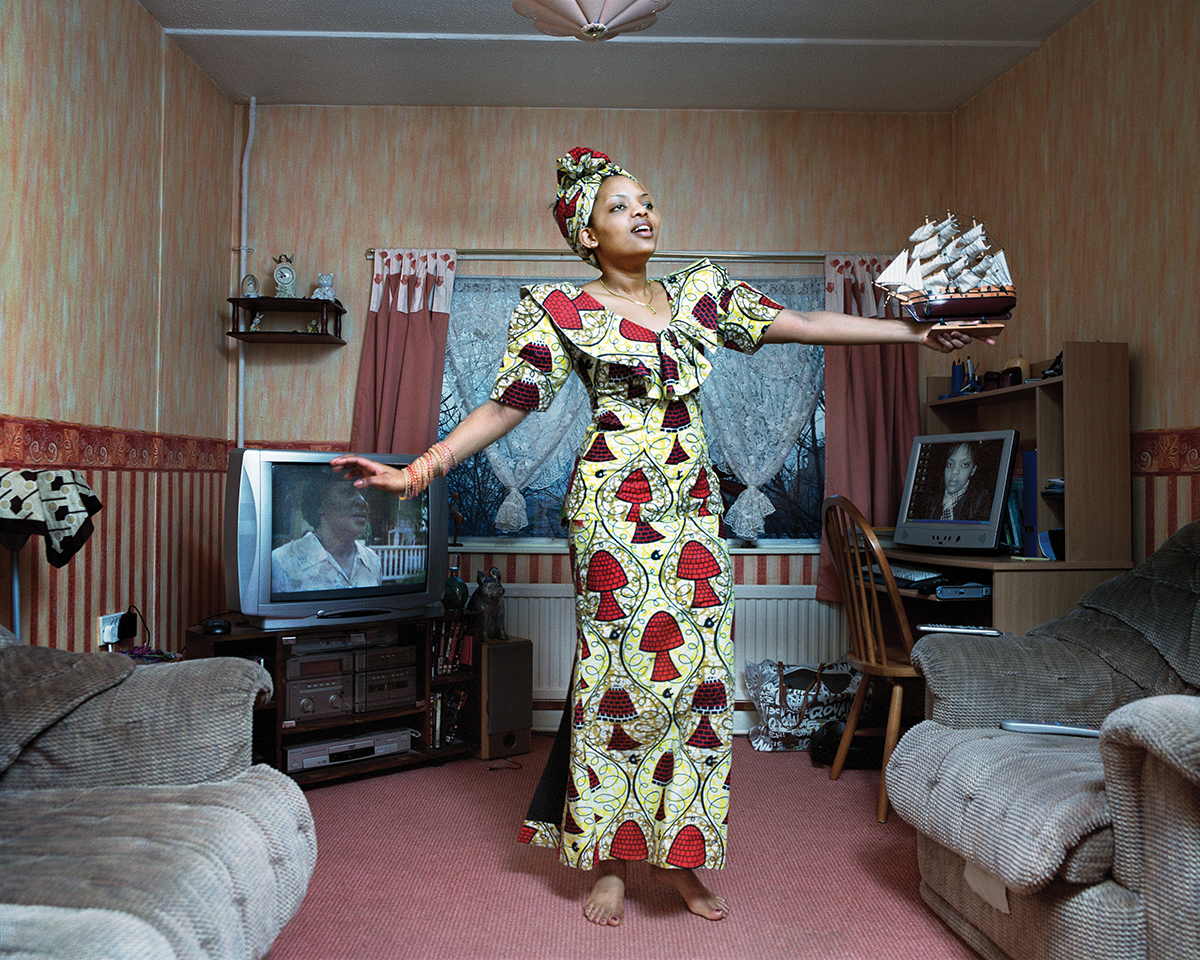
Nancy-Jade from Democratic Republic of Congo, Byker Revisited, 2005 © Sirkka-Liisa Konttinen
Anna Fox followed a similar artistic path to her male colleagues Martin Parr and Paul Reas in the 1980s, characterising the yuppies and bankers profiting from the Thatcher Era with a hard flash in her "workstations" series. She was one of the very few women who went toe-to-toe with her famous colleagues and broke away from traditional documentary photography - as practised by Tish Murtha and Fran May. Margaret Mitchell also took on the strong social and pressing issues of social inequality and community in the early 1990s, but found a more contemporary approach to the medium of photography.
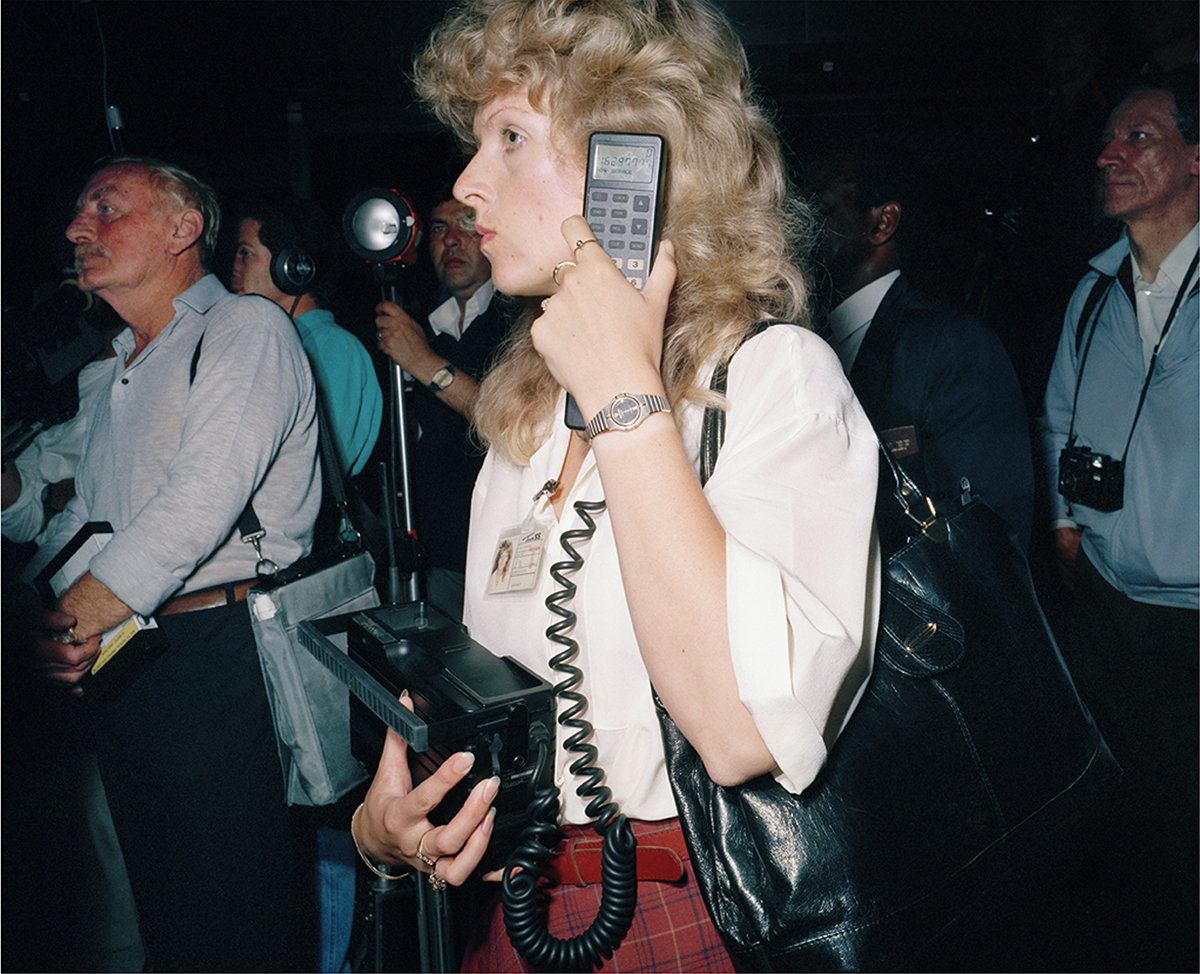
Heathrow Aiport. Journalist, prior to the arrival of Madonna, 1987 © Anna Fox
With the beginning of the 2000s, a more self-conscious turn towards photography as an artistic medium took place in photography, without renouncing the social issues around identity, (gender) belonging and inequality. In particular, women photographers such as Sandra Mickiewicz, Arpita Shah and Yan Wang Preston address in their series the feeling of social and societal exclusion - also due to their origin.
Another important aspect of the photographers' work is the question of (gender) identity and class. Whether it is the young people in Michelle Sank, the self-portraits of Trish Morrissey, the group of girls in Kirsty Mackay's work - which deals with the colour coding of gender by the advertising industry - or the young girl in Rachel Louise Brown's "I want to be like you", who associates herself with the world of the socially secure. They are all united by the artistic and sensitive transfer of significant themes of our time into impressive photographic series.
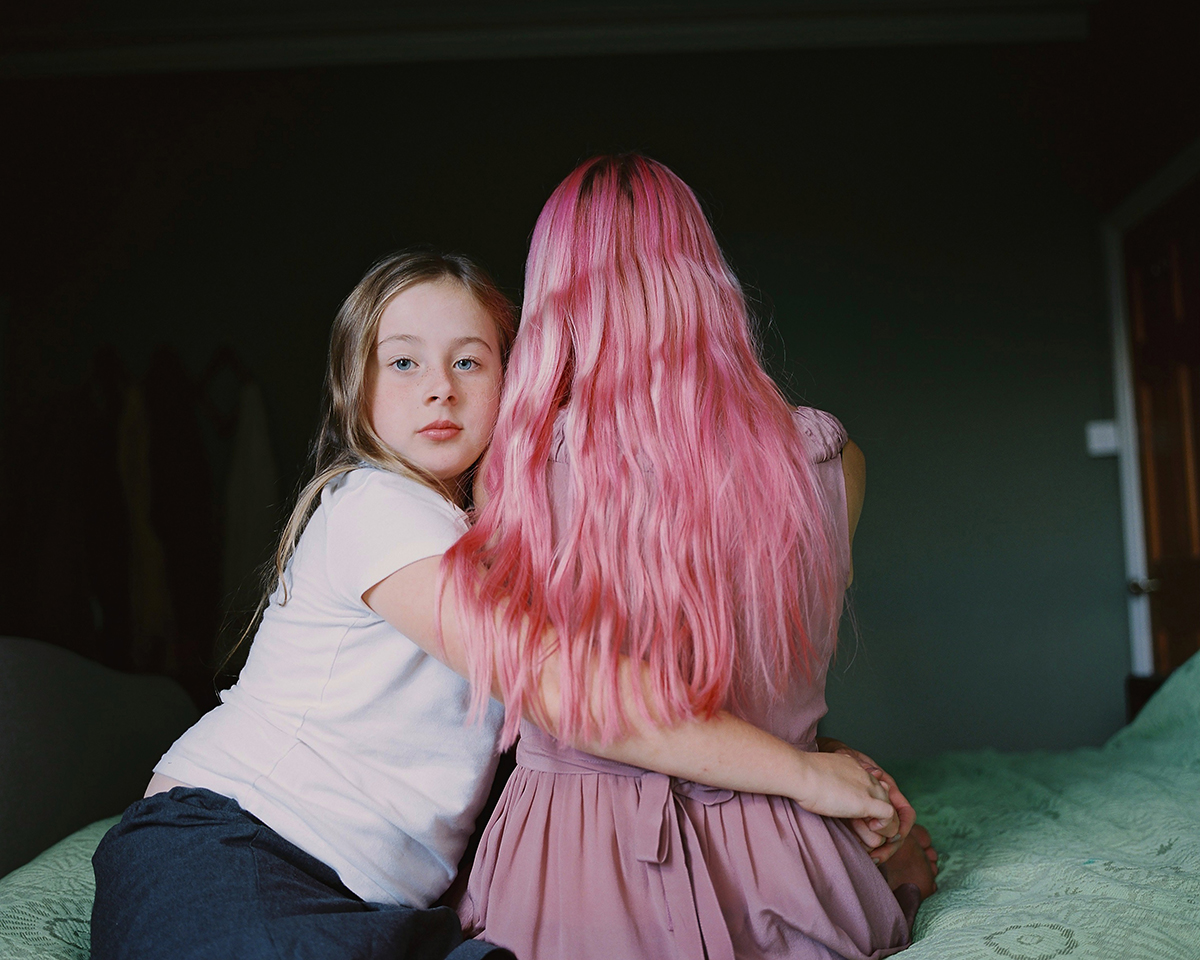
My Favourite Colour Was Yellow, 2016 © Kirsty Mackay
In contrast, Francesca Allen and Elaine Constantine use the aesthetics of magazines like "The Face" to express the attitude to life of an adolescent generation or to sketch an intimate portrait of her own sister in "Alida".
A supposedly "women" theme is approached by Eliza Hatch, who gives a voice to the victims of harassment in everyday life in her series "Cheer Up Luv", or the Bermuda-based photographer Meredith Andrews with her series "Single Parents". In this series, Andrews portrays single mothers - but also fathers - and thus draws attention to another important issue. At the same time, she addresses the seemingly outdated colonial expansionist fantasies of the British Empire.
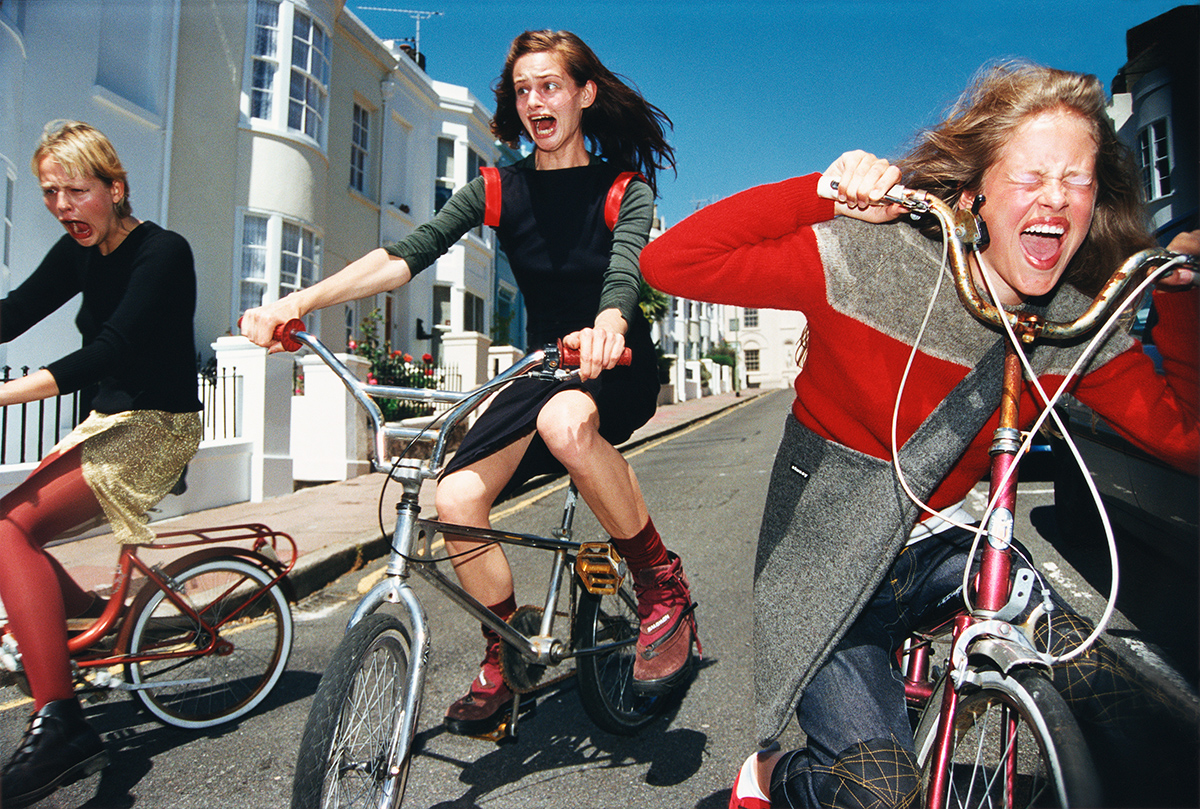
Girls on Bikes, 1997 © Elaine Constantine
Tessa Bunney dedicates the series "Moor and Dale" to the British tradition of pheasant hunting in which she achieves an artistic exaggeration through the use of the flash and at the same time expresses criticism of the traditional hunt - still a male domain today.
Hazel Simcox, on the other hand, reflects the genre of landscape photography and juxtaposes the impressive nature photographs with text fragments. In contrast, Freya Najade's haunting portrait and landscape photographs explore the social aspects of "community" and "nature and leisure" in London's Hackney Marshes.
Yan Wang Preston, on the other hand, uses the landscape to explore her interest in the relationship between identity and landscape, showing Chinese students on the beach of England. Sejin Moon, in her exploration of self-portraiture and nature, also uses this genre to reveal her personal turmoil.
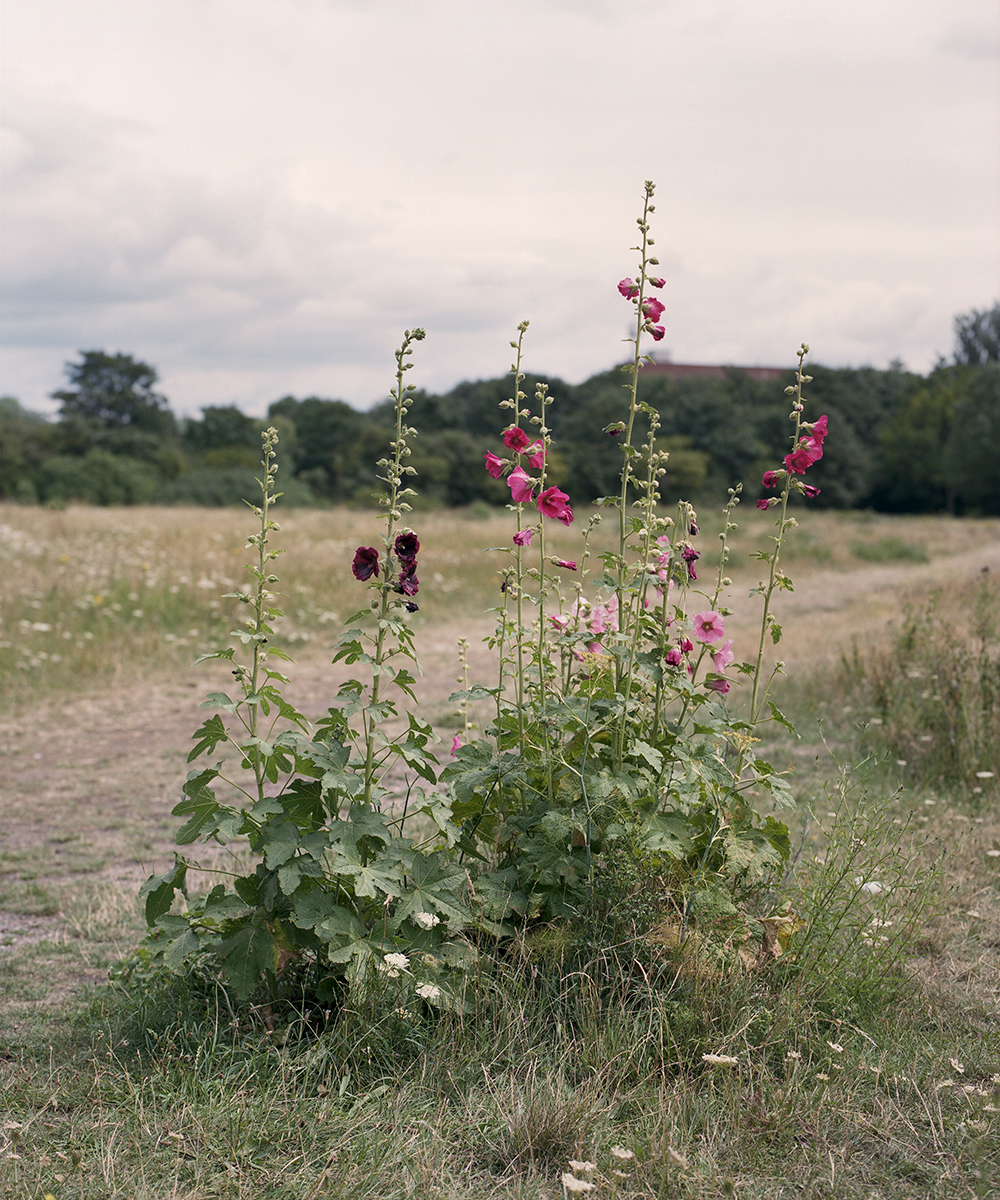
Hackney Marshes, 2022 © Freya Najade
Sophy Rickett provokes with her "Pissing Women", which deals humorously and provocatively with gender identity as well as male and female role clichés. Zoe Natale Mannella, on the other hand, illuminates her own sexual identity and permissiveness together with her friends on the beach. Alys Tomlinson, on the other hand, found an impressive artistic translation of the consequences of the Covid-19 pandemic on the young generation of school leavers in her series "Lost Summer".
%20%C2%A9%20Alys%20Tomlinson.jpg)
Ruthann, from the series ‘Lost Summer’ (2020) © Alys Tomlinson
To this day, there is an imbalance in the consideration and evaluation of women artists in comparison to their male colleagues. In particular, a strong and self-confident generation is growing up in the new generation of female artists who have studied, such as Sarah Maple, who sees herself as an activist and feminist.
The exhibition UK WOMEN impressively demonstrates this and presents 28 artistic positions with around 220 works by women photographers from three generations.
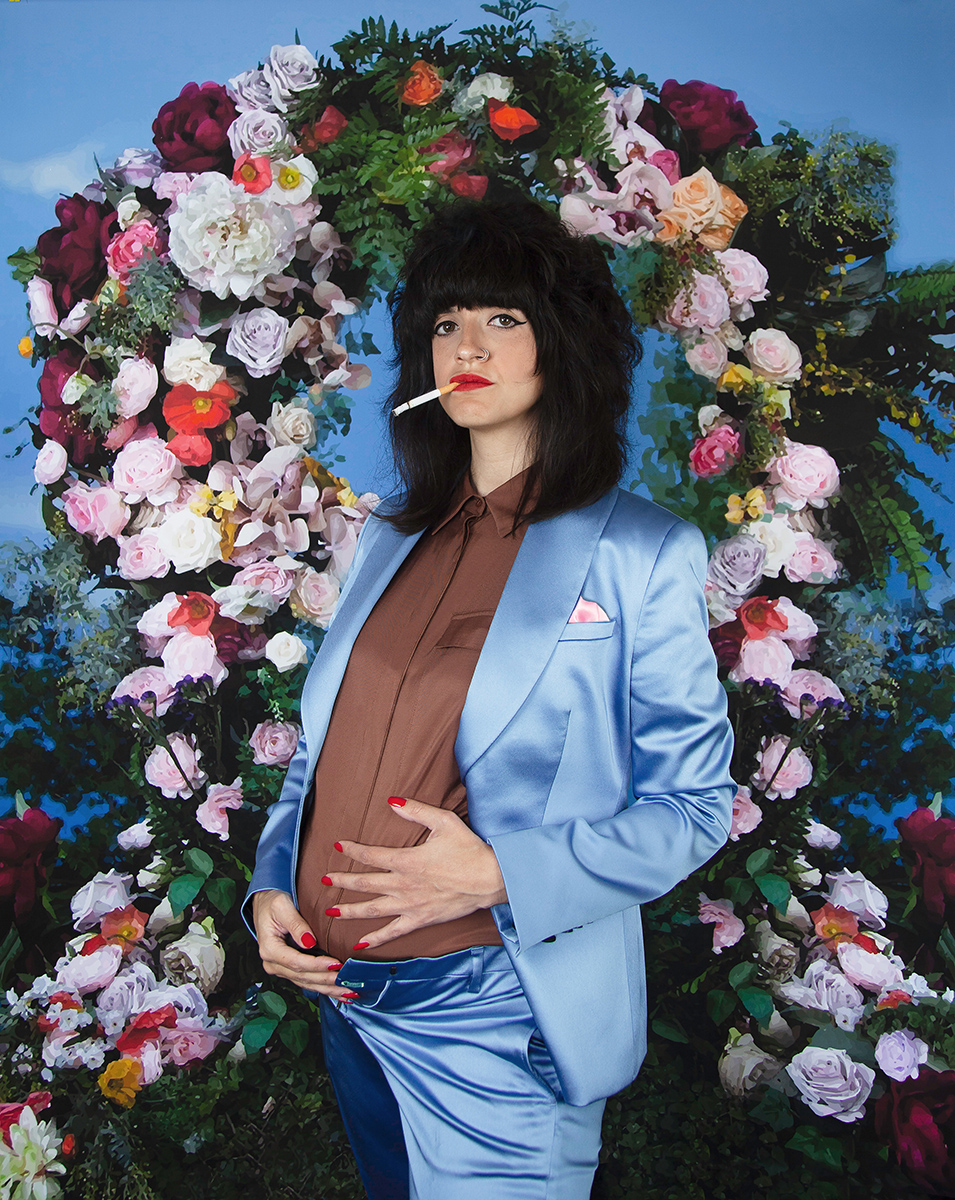
Self Portrait with Pocket Square © Sarah Maple
Curated by Ralph Goertz
The exhibition Facing Britain has been curated by Ralph Goertz, who has previously curated exhibitions such as the "Martin Parr Retrospective", "Two Rivers. Alec Soth / Joachim Brohm", "Joel Meyerowitz Retrospective", "Peter Lindbergh / Garry Winogrand: Women" at the NRW-Forum Düsseldorf, "Axel Hütte. Night and Day" at the Museum Kunstpalast, "Subject and Object. Foto Rhein Ruhr" at Kunsthalle Düsseldorf and "Image and Space. Candida Höfer in Dialogue with the Photography Collection of the Art Library" at the Museum for Photography Berlin.
Partner institutions / venues
26 May - 15 Sept 2024 / Ludwiggalerie Schloss Oberhausen
Technical details
- Collection of about 220 photographs
- Vintage and modern archival prints (signed)
- Sizes between 8x10'' and 24x28'', some in 32x40'' and a few up to 40x50''
- All individual framed (some paper works, mounted on the wall)
Transport from and to Duesseldorf, Germany.
Please send us a mail for further prize details and availabilities.

